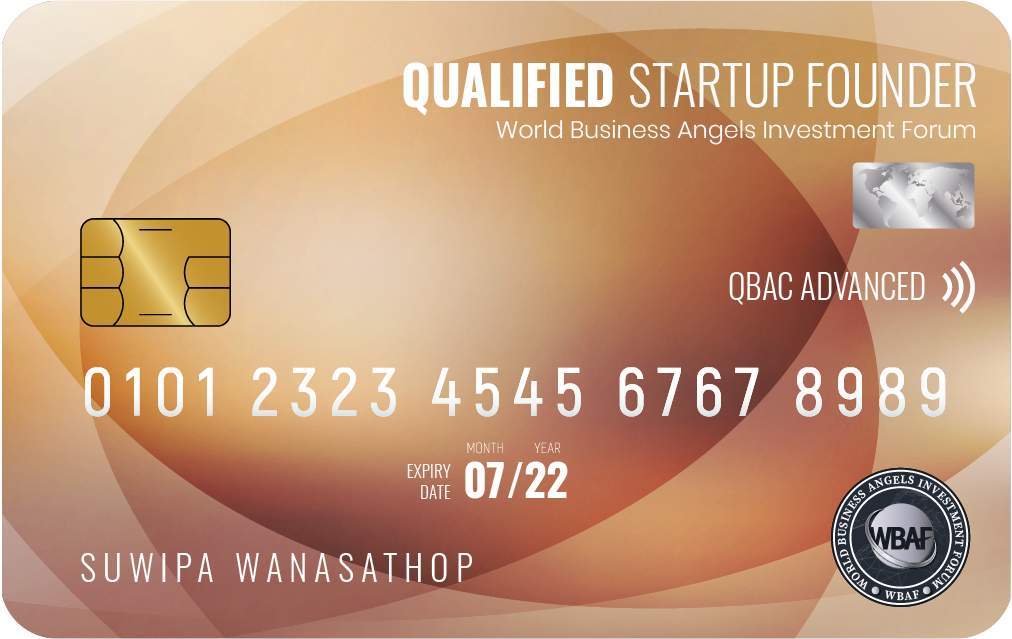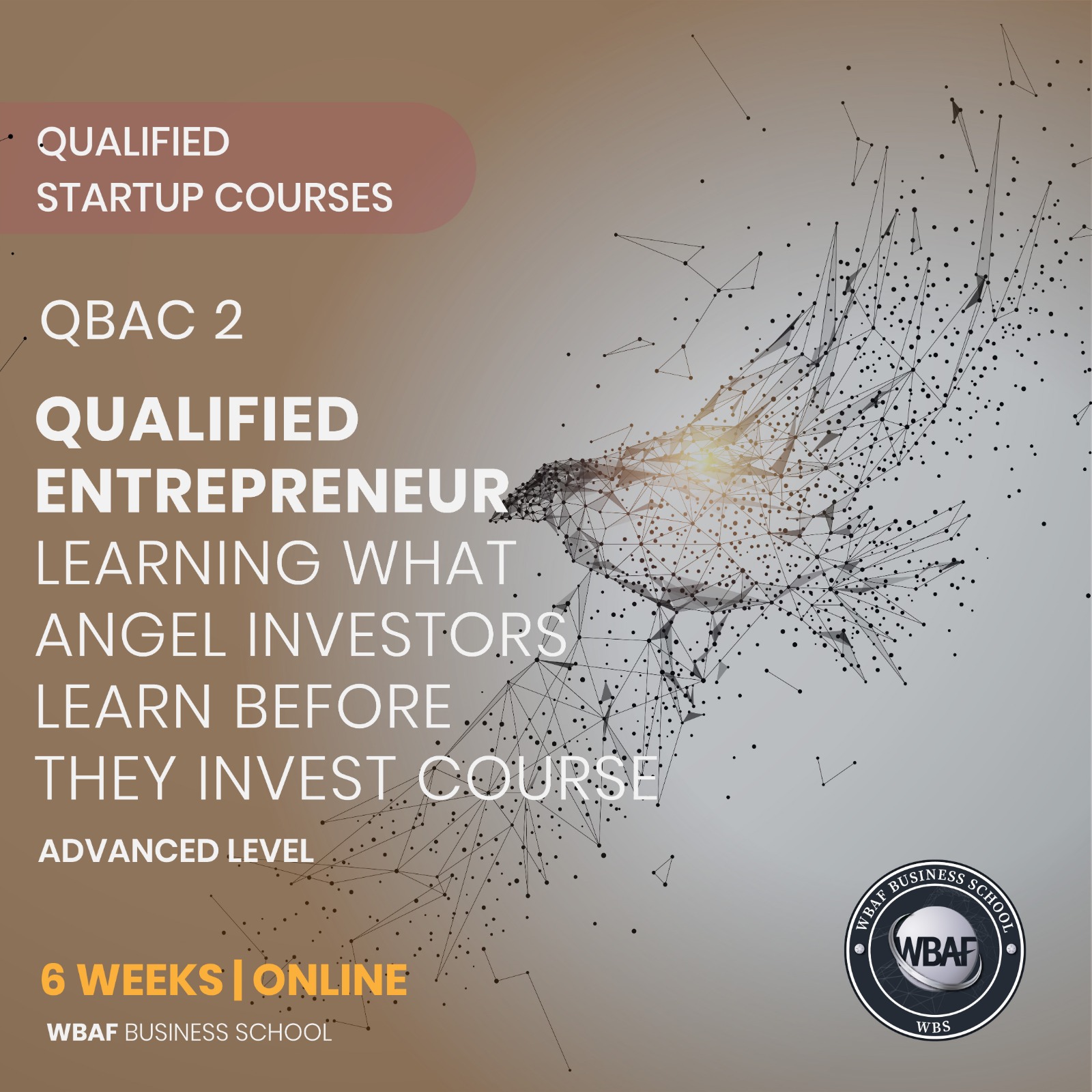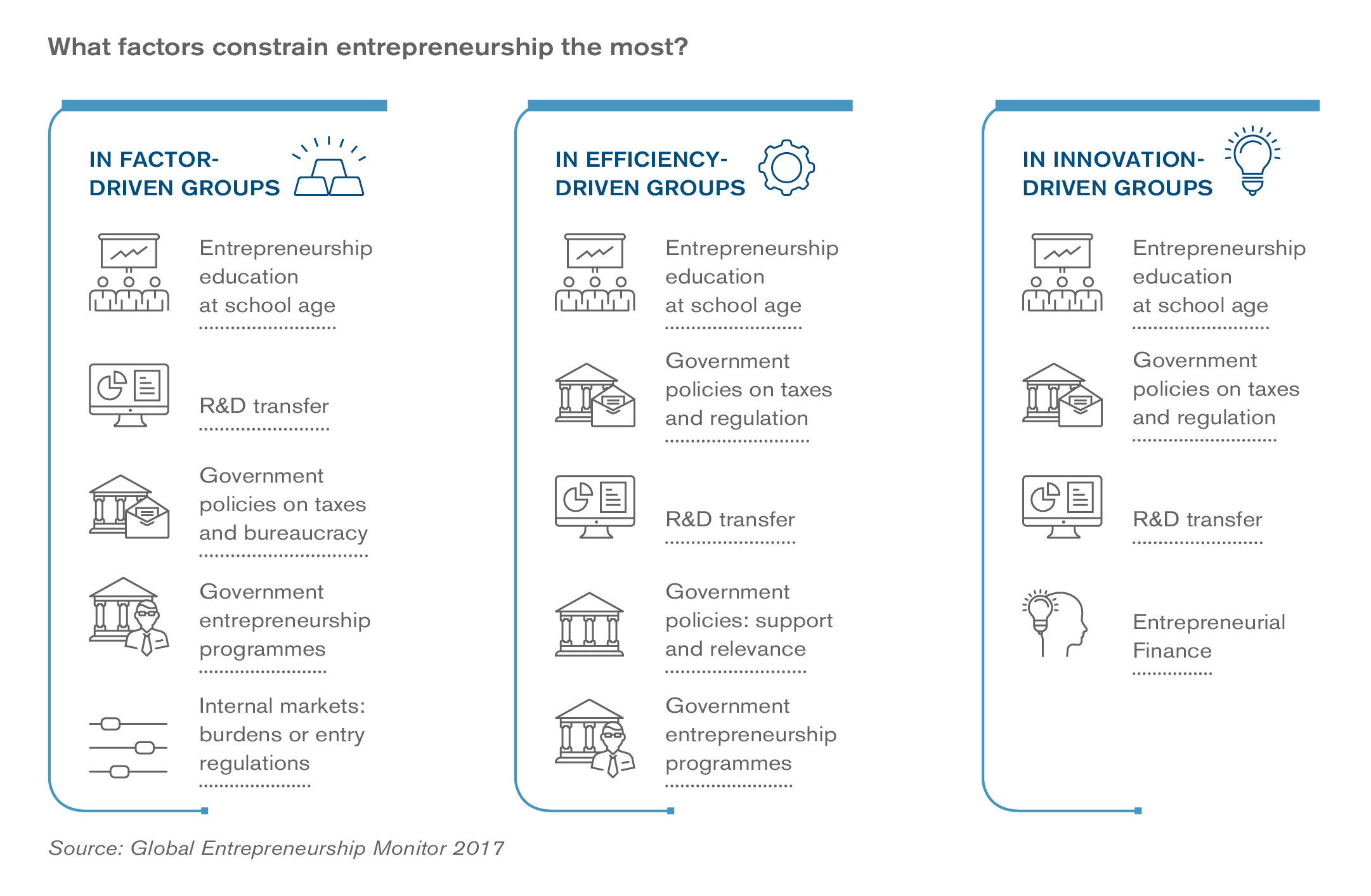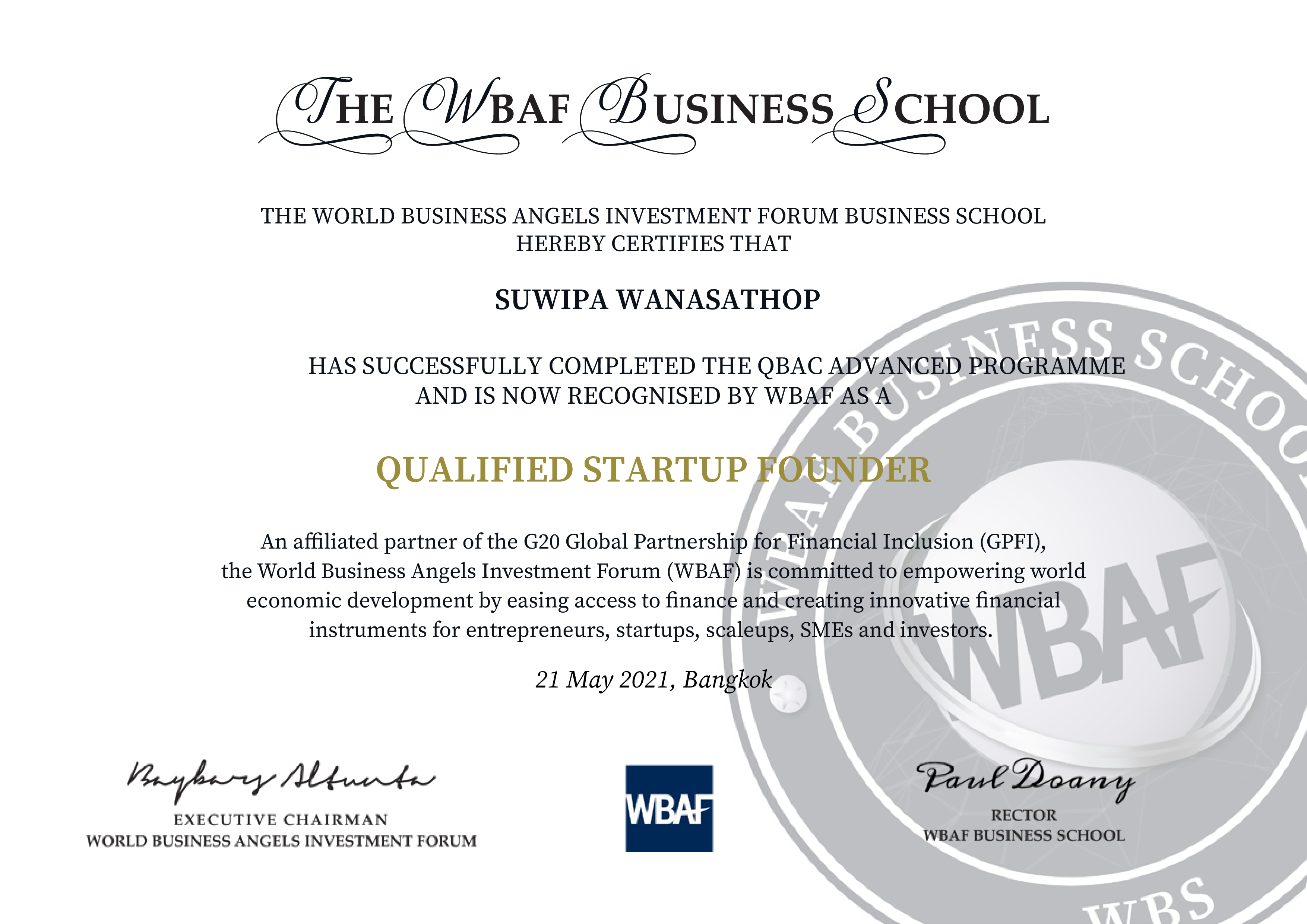About this programme
Consider the various sources of finance available to entrepreneurs: Beyond basic bootstrapping, there are corporate ventures, angel investors, crowdfunding platforms, accelerators, VCs, banks, public grants, co-investment funds, business plan competitions, technology transfer offices, family offices, private equity investors and stock exchanges. With the notable exception of angel investors, all these sources provide only money, nothing more.
The only true sources of smart finance are angel investors, who are able to influence a country’s economic development by providing more than just money to entrepreneurs and SMEs. They contribute their own know- how, provide mentorship, and share their own networks in contributing to the businesses they invest in. They are thus the main drivers of innovation and the natural leaders of the world’s early-stage investment markets.
The World Business Angels Investment Forum invites entrepreneurs and founders of startup ventures to learn mindset of investors and executives of funds. What are they looking for? What are their investment strategies? What are they learning before making investment? How do they prepare term sheets? How do they negotiate with entrepreneurs while closing deals? What are they looking for in due diligence reports? Why is it more difficult to raise 1M than raising 5M?
The objective of the course is to introduce investor mindset and strategies to those considering raising fund from corporate ventures, angel investors, crowdfunding platforms, VCs, banks, public grants, co-investment funds, business plan competitions, family offices, and private equity investors. The course aims to give the basic principles of investors and to-dos and not-to-dos while raising fund as a qualified entrepreneur and a startup founder.
In 2019, more than 300,000 angel investors invested more than $25 billion in startups in the US, and more than 310,000 angel investors invested more than 6 billion Euro in Europe. The estimated total global market size of angel investment is over $50 billion every year. Angel investors support entrepreneurs in starting up, and they support SMEs as they scale up their businesses, creating hundreds of thousands of new jobs worldwide every year.




